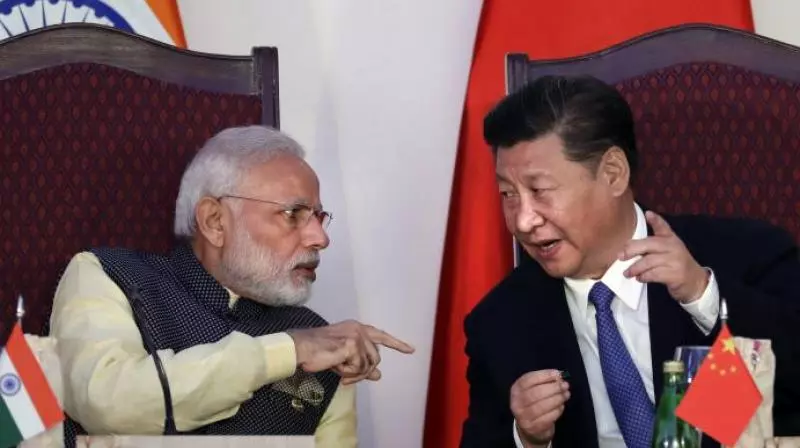Modi's Post-Election Reforms: A Bid to Rival Chinese Manufacturing

In the wake of his recent electoral victory, Prime Minister Narendra Modi has unveiled ambitious plans aimed at revitalizing India's manufacturing sector to challenge China's dominance on the global stage. In a recent address to the nation, Modi outlined a comprehensive strategy designed to harness India's vast potential and transform it into a manufacturing powerhouse.
Speaking at a press conference held at the Prime Minister's residence, a government spokesperson elaborated on the key components of Modi's reform agenda. "Prime Minister Modi is acutely aware of the need to bolster India's manufacturing capabilities in order to compete effectively with China," the spokesperson stated. "To that end, he has announced a series of measures aimed at streamlining regulatory processes, promoting innovation, and attracting foreign investment."
One of the central pillars of Modi's plan is a concerted effort to improve the ease of doing business in India. Recognizing that cumbersome regulations and bureaucratic red tape have long been impediments to investment and growth, the government intends to undertake a comprehensive review of existing laws and regulations. "Prime Minister Modi is committed to cutting through the bureaucratic inertia that has hindered India's progress in the past," the spokesperson explained. "By simplifying procedures and reducing regulatory hurdles, we aim to create a more conducive environment for businesses to thrive."
In addition to regulatory reforms, Modi's agenda includes a strong emphasis on fostering innovation and entrepreneurship. "The Prime Minister firmly believes that innovation is the key to unlocking India's potential as a manufacturing powerhouse," the spokesperson asserted. "To that end, the government will be launching initiatives to support research and development, promote technology transfer, and nurture a culture of entrepreneurship."
Furthermore, Modi's plans include measures to attract foreign investment and encourage collaboration with international partners. "Prime Minister Modi recognizes the importance of global integration in today's interconnected world," the spokesperson noted. "To attract foreign investment, we will be offering incentives such as tax breaks, subsidies, and preferential treatment for strategic industries."
Another key aspect of Modi's reform agenda is a focus on infrastructure development. "Infrastructure is the backbone of any modern economy," the spokesperson remarked. "Prime Minister Modi understands the importance of investing in roads, ports, airports, and other critical infrastructure to support the growth of India's manufacturing sector."
Moreover, Modi's plans include initiatives to promote sustainable development and environmental stewardship. "The Prime Minister is committed to ensuring that India's industrial growth is environmentally sustainable," the spokesperson emphasized. "We will be implementing measures to promote clean energy, reduce pollution, and mitigate the impact of climate change."
Overall, Modi's post-election reforms represent a bold and ambitious vision for the future of India's manufacturing sector. By focusing on regulatory reform, innovation, infrastructure development, and sustainability, the government aims to position India as a formidable competitor to China in the global manufacturing arena.
As the spokesperson concluded, "Prime Minister Modi is determined to unleash India's full potential and propel the country to new heights of economic prosperity. With the right policies and investments in place, we are confident that India can emerge as a leading manufacturing hub, capable of rivaling even the mightiest competitors on the world stage."

